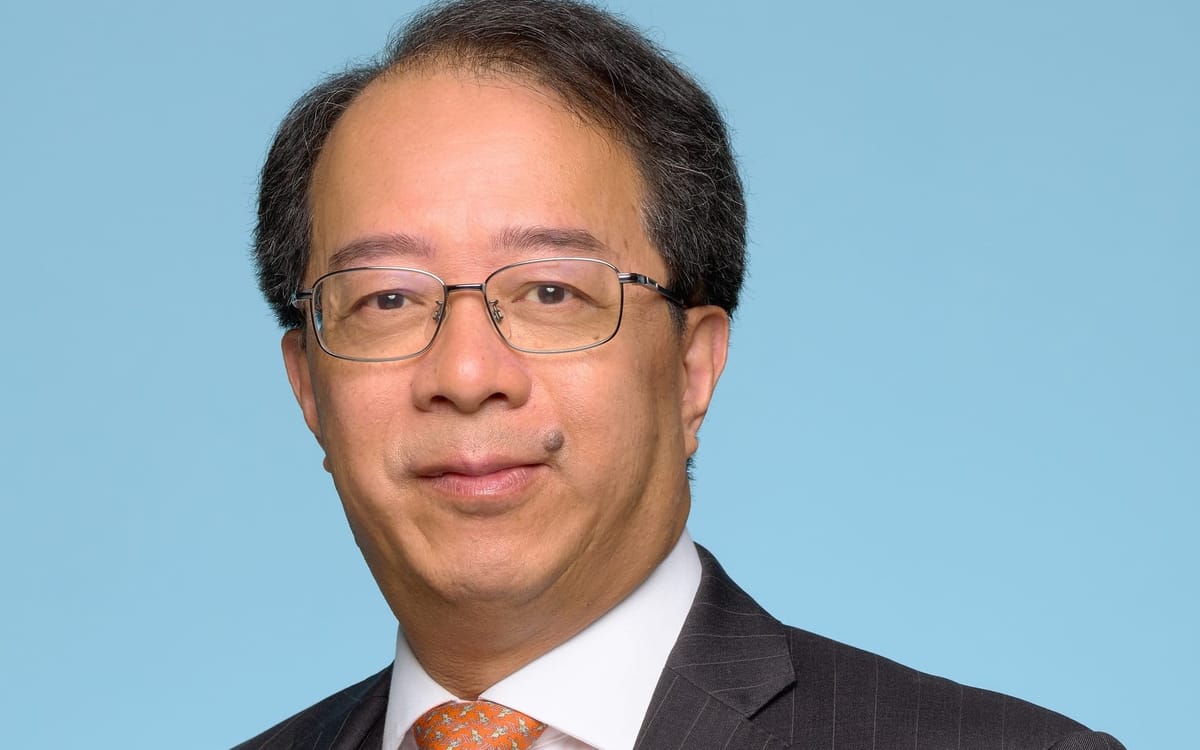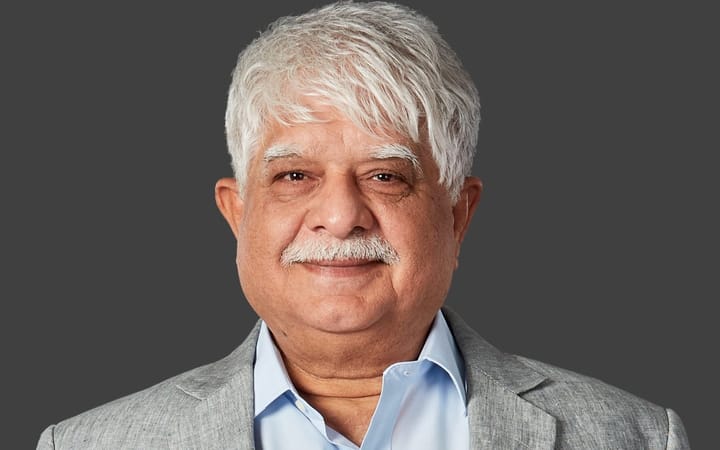Asia’s independent PR evolution | Partner Content
In this edition of Independents’ Day — Earned First’s monthly series in partnership with PROI — SPRG founder and chairman Richard Tsang reflects on three decades of transformation in Asian communications.

In a monthly column called Independents' Day, Earned First is partnering with PROI to explore how independent PR firms are navigating industry disruption while preserving their competitive edge.
In our third instalment, SPRG founder and chairman Richard Tsang reflects on three decades of transformation in Asian communications. From the rise of homegrown independents to the new generation reshaping agency culture, Tsang shares what’s driving the next wave of opportunity for the region’s PR industry.
- Asia’s independent agencies have grown stronger even as global networks have aggressively entered the region. What explains that resilience?
I worked at two international PR agencies before setting up SPRG, and I saw first-hand that independence is not just a structural choice — it is a strategic advantage. We value autonomy because it allows us to remain agile, responsive, and closely attuned to the needs of our clients and markets.
That agility is a major strength, especially in Asia, where things shift rapidly and cultural nuance matters. We have the flexibility to capture opportunities or weather challenges as they arise, without compromising on quality or strategy.
Beyond agility, owner-operated agencies often bring deeper regional networks and stronger local connections. Experienced agency owners are committed to long-term growth — they’ve accumulated operational expertise, built sophisticated business relationships, and earned high standing in the industry. That credibility fosters trust and respect among clients, which is difficult to replicate through appointed agency leaders whose tenure and investment may differ from those of owner-led agencies.
Ultimately, the resilience of Asia’s independent agencies lies in their ability to combine entrepreneurial drive with deep market understanding and enduring client relationships. We understand the local culture, the market dynamics, and the challenges our clients face day-to-day — and that makes a real difference.
- What kind of agencies will thrive in Asia over the next decade — regional networks, hyperlocal specialists, or hybrid consultancies?
I think it is not about choosing one model — it is about being able to adapt and combine strengths depending on the client’s needs, the market they are in, and the kind of challenge they are facing. In some cases, a strong regional network is exactly what is needed. In others, a hyperlocal agency with deep cultural insight can make all the difference.
That is why I believe the agencies that will thrive are those that bring together the strengths of all three — regional reach, local expertise, and strategic consultancy — while also being globally connected. To navigate the evolving landscape across Asian markets, clients need partners who can think strategically, act locally, and bring global exposure and connectivity.
They will need to be flexible, collaborative, and able to plug into wider networks. Agencies that can flex across those dimensions — while staying close to the client — will be best placed to succeed over the next decade.
- What are the biggest shifts you’ve seen in talent expectations and agency culture — and what do you see next as Gen Z enters leadership ranks?
One of the biggest shifts we’ve seen is how talent now looks beyond just the job title or career path. People want purpose, flexibility, and a culture that supports wellbeing and personal growth. There is a stronger focus on mental health, work-life balance, and creating space for people to bring their whole selves to work.
Agency culture has had to evolve — we’ve moved towards more open, collaborative environments that value trust and inclusivity. At SPRG, we strive to foster a workplace where younger generations can realise their strengths, express themselves freely, and contribute meaningfully. That’s why we launched “Grow with SPRG” — a training programme for future organisational leaders — along with internal exchange programme across our member companies that gives emerging leaders more exposure, interaction, and opportunity.
We believe the new generation brings fresh perspectives, especially Gen Z. They are digital natives and socially conscious, quick to adapt to new tools and platforms. We’ve seen how they harness digital solutions to solve complex problems and bring innovation into the company.
As they step into leadership roles, I think we will see even more emphasis on transparency, diversity, and authenticity. Agencies that embrace these values will be best placed to attract and retain top talent, and build a high-performing, people-centred culture.
- After three decades, what keeps you motivated, and how do you plan succession or continuity in a founder-led business?
What keeps me motivated, even after three decades, is the people—both inside and outside our group. I still find great energy in setting the strategic direction for the group, building meaningful relationships, and watch younger professionals grow into confident leaders.
Thanks to our experienced management team, who run the PR business with dedication and excellence, I’ve had the opportunity to serve on over 100 boards, committees, and advisory roles across education, charity, religious, and public sectors. These roles give me a broader perspective and remind me of the importance of giving back.
I taught for 30 years at the Chinese University of Hong Kong, and I’ve always believed in nurturing the next generation of PR professionals. That’s why we partner with universities across the region to offer internships, and why we’ve established scholarship schemes to support students pursuing communication and PR-related disciplines.
Succession and continuity are essential in any founder-led business. At SPRG, we’ve built a culture rooted in mutual trust, where people are empowered to lead, express themselves, and contribute meaningfully. Our senior management team is remarkably stable — many have been with us for over 20 years or since their respective companies were founded.
It is not just about passing on a title — it’s about building a team that shares the same values and vision. Their unique talents and perspectives have helped shape not just a regional PR group, but a community where we learn from one another, support each other, and grow together.
- How might independent networks like PROI help Asian agencies capture more global opportunities?
Independent networks like PROI Worldwide play a vital role in helping Asian agencies capture global opportunities. With 93 entrepreneurial communications firms across more than 65 countries, PROI offers a structured environment where agency owners connect to share insights, collaborate on client work, and develop joint business opportunities.
Each partner is required to attend annual global and regional meetings, where we exchange market intelligence, discuss operational challenges, and share the latest industry trends. Over time, PROI partners have also developed genuine personal friendships — we often reach out to one another when visiting a partner’s market, which strengthens trust and deepens collaboration.
Being part of PROI gives us access to a trusted network of experts worldwide. That means we can offer clients both local depth and global reach — supporting cross-border campaigns, navigating cultural differences, and delivering consistent messaging across markets. This independent network also allows us to work with the best local agency in each market — combining global reach with local excellence. Many award-winning campaigns are the result of this spirit of collaboration and shared expertise among partners.
This kind of network also opens doors for talent development. Our team gets exposure to global perspectives, and we are able to share knowledge across borders. That is especially valuable as more Asian brands expand internationally and as global companies look to deepen their presence in Asia.





Comments ()